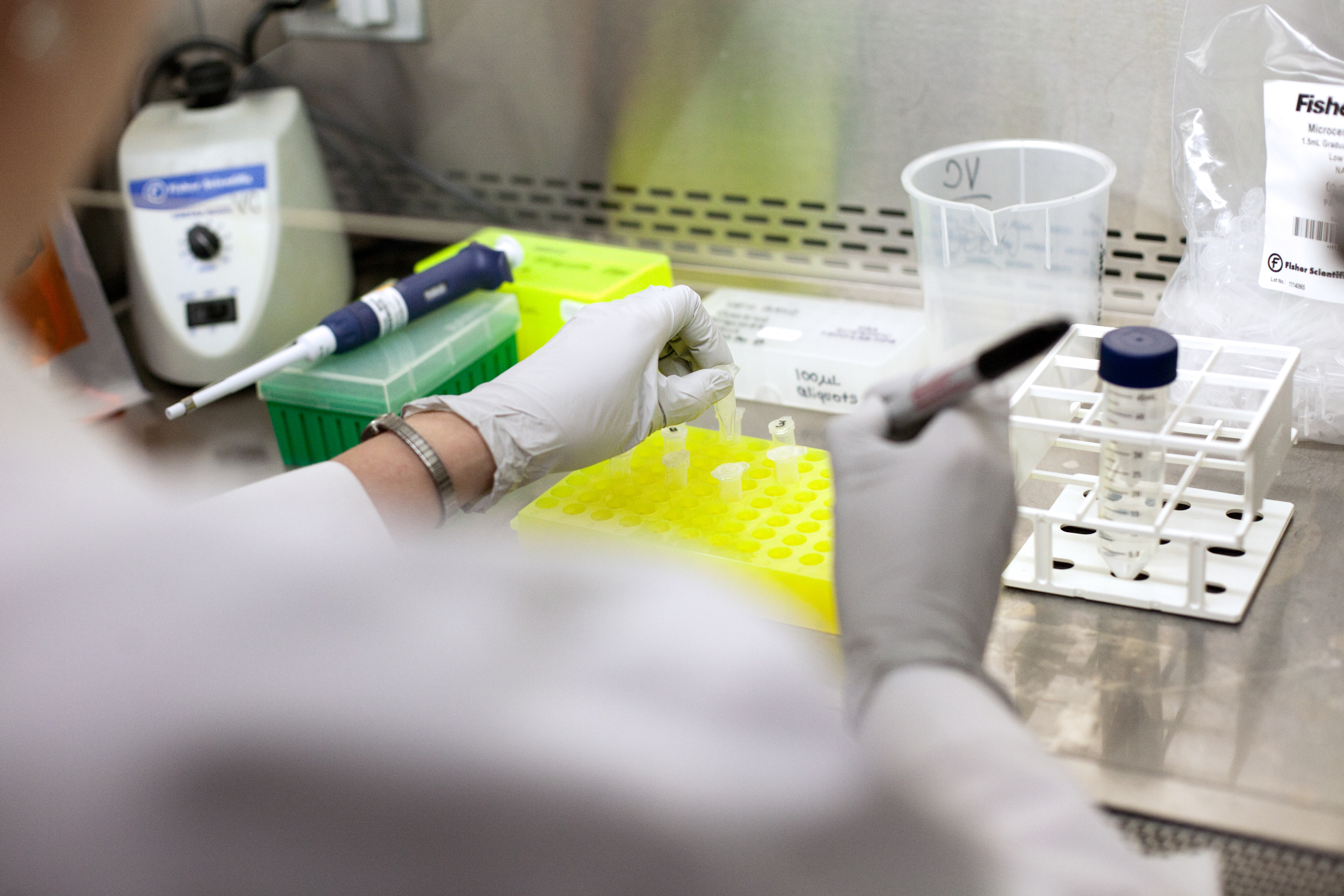The Importance of Genetic Testing for Pancreatic Cancer Patients


Cancer is a genetic disease, whether hereditary or not. However, a recent discovery led to a national change in genetic testing guidelines specifically for pancreatic cancer patients.
“In 2018, genetic testing guidelines were updated to recommend that all patients with pancreatic cancer be offered genetic counseling and testing,” said Lisa Brown, MS, a certified genetic counselor at UF Health. “These changes were created by the American Society of Clinical Oncology and the National Comprehensive Cancer Network in response to multiple recent studies linking diagnosed pancreatic cancer patients with an increased risk of hereditary cancer, regardless of their family history.”

UF Health provides genetic counseling through the Hereditary Cancer Program to help patients determine if they are at a greater risk for cancer development. Brown is trained to detect high-risk families, help them to understand their risk and make them aware of prevention, early detection and treatment options.
“Hereditary cancer is caused by inherited changes, known as mutations, in genes that significantly increase the risk to develop various types of cancer,” Brown said. “Understanding a patient’s genetic predispositions can help doctors choose the most effective and personalized methods to treat their cancer.” While the guidelines for pancreatic cancer patients were just recently updated, the UF Health genetic counseling team has been providing cancer genetic services, including cancer risk assessment, genetic testing and personalized recommendations for cancer screening and risk reduction, since 2001.
“Although not everyone with hereditary cancer will develop cancer, both men and woman can still pass the gene mutation to their children,” Brown said. “Fortunately, there are medical management options to reduce the risk of cancer, which is why knowing about a mutation can be helpful.”
Learn more about our hereditary cancer program at UF Health on our website.
About the author
